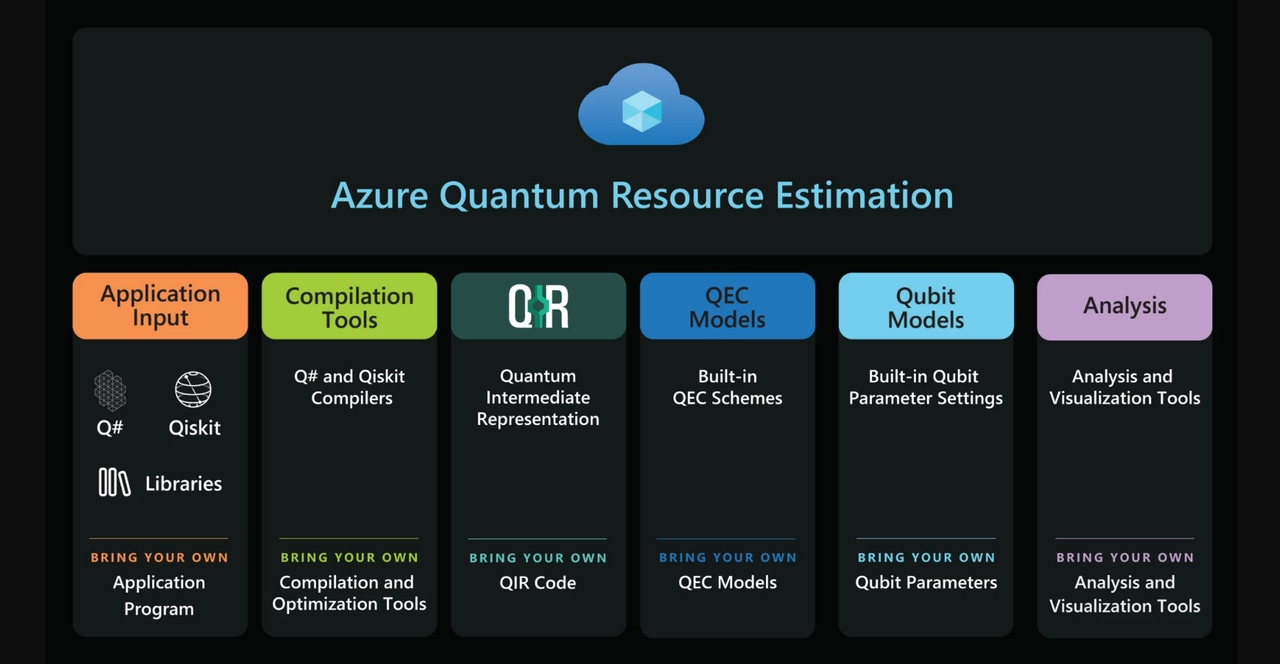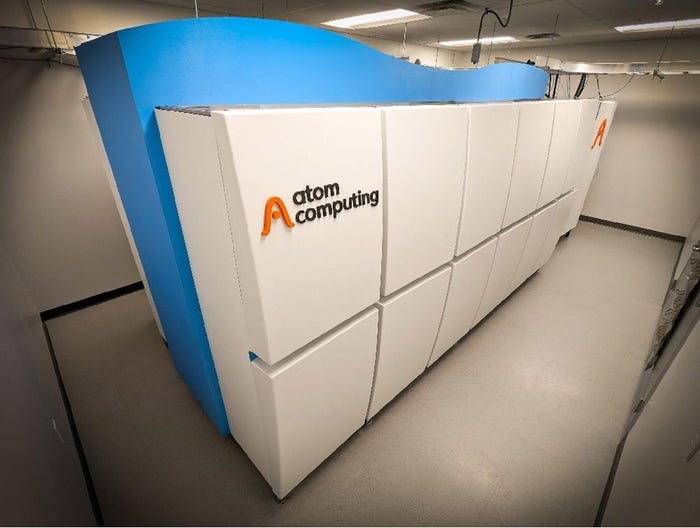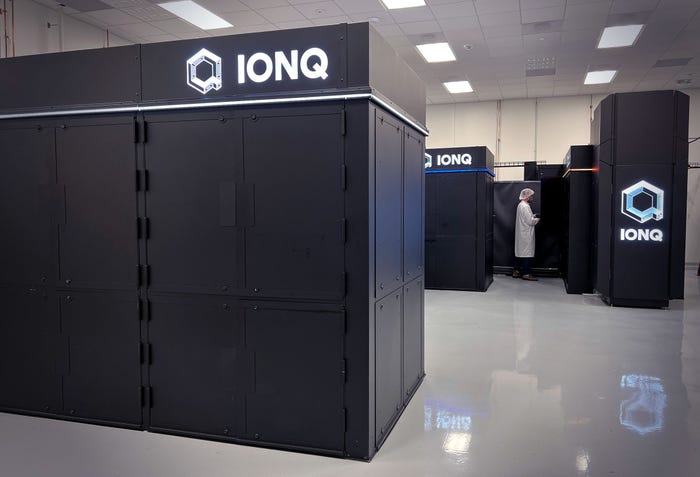
Connects decision-makers and solutions creators to what's next in quantum computing
Microsoft Releases Azure Quantum Resource Estimator
New tool enables developers to create algorithms for future more powerful quantum computers
November 17, 2022

Microsoft has publicly released a tool for its Microsoft Azure Quantum cloud service that enables software developers to design algorithms to run on future, scaled quantum computers.
Previously an internal tool for the Microsoft team, the Azure Quantum Resource Estimator achieves this by providing answers to how such hardware might operate in the future. Given a newly created algorithm, the resource estimator can determine its runtime length, the type and number of physical and logical qubits needed, and what hardware resources it requires.
This information provides innovators with a basis for comparing algorithms at scale, considering several quantum computing variables, including operating speed, error correction and error rates.
Consequently, quantum innovators are in a better position to create, test, and refine algorithms that achieve practical solutions. Once advanced quantum hardware becomes a reality, developers will have already developed algorithms for these scalable machines.
The Azure Quantum Resource Estimator also promises to facilitate hardware and software design collaboration. Quantum hardware designers could use it to test-run large-scale algorithms on various hardware architectures, refining the latter over time. Likewise, software developers participating in this iterative approach could find cost savings at scale.
“Resource estimation is an increasingly important task for development of quantum computing technology,” said Zapata Computing tech lead Michał Stęchły.
“We are happy we could use Microsoft’s new tool for our research on this topic. It’s easy to use. The integration process was simple, and the results give both a high-level overview helpful for people new to error correction, as well as a detailed breakdown for experts. Resource estimation should be a part of the pipeline for anyone working on fault-tolerant quantum algorithms. Microsoft’s new tool is great for this.”
About the Author
You May Also Like






